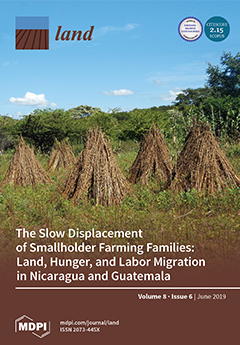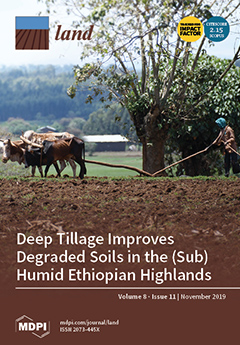Winners and losers of IWRM [Integrated Water Resources Management] in Tanzania
This paper focuses on the application of the concept of Integrated Water Resources Management (IWRM) in Tanzania. It asks: how did IWRM affect the rural and fast-growing majority of smallholder farmers' access to water which contributes directly to poverty alleviation and employment creation in a country where poverty and joblessness are high?





